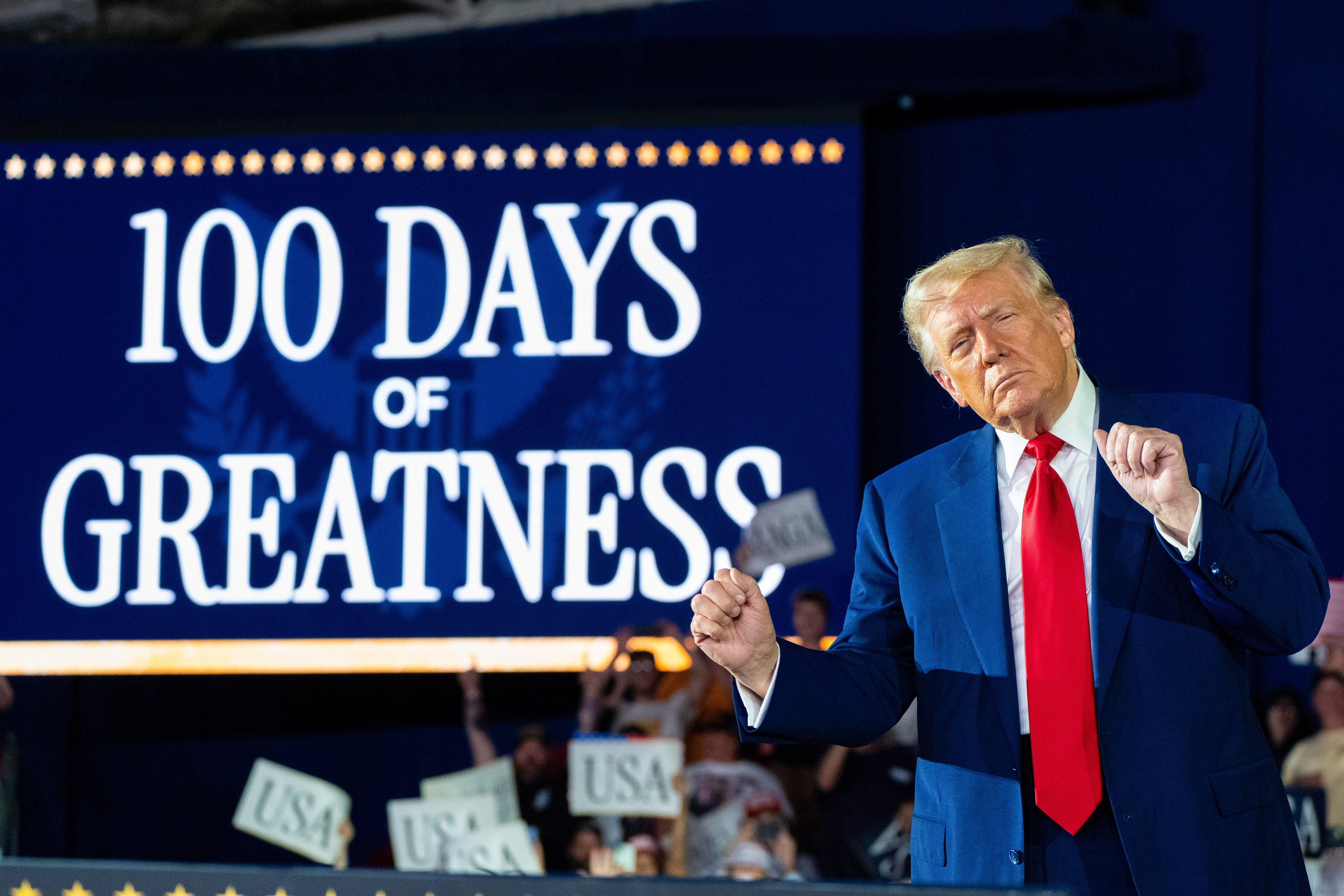The US is fixated on ‘beating China’. It needs to stop beating itself

From Sun Tzu to Carl von Clausewitz, strategists have long emphasised that the key to winning a war lies in the clear alignment of purpose, goal and means, coupled with a deep understanding of the adversary. Without these, a stronger opponent will inevitably lose to a weaker foe who possesses them. This is the immutable law of war. A month into Donald Trump’s global tariff war, even the president’s closest associates have struggled to agree on or articulate a coherent purpose, goal or strategy for Washington to prevail in the conflict. This does not appear to be a fog-of-war tactic but rather a genuine lack of direction. Trump’s political opponents have been quick to criticise his chaotic approach. But the reality is that while Trump may represent an extreme, he is not the only one guilty of fuzzy thinking when it comes to addressing China. In 2020, while Trump was still in political exile, the Democrats introduced a bill initially coded H.R. 6690 and later revised to H.R. 947. On the surface, the bill aimed to promote trade and consumer protection between the US, Canada and Mexico. It’s name? The Bring Entrepreneurial Advancements To Consumers Here In North America Act. A tongue-twister, but that didn’t matter because the aim was to create a catchy acronym: the BEATCHINA Act. Despite having no direct connection to China, the bill’s name was a calculated move to tap into the bipartisan sentiment of “beating China” – a rare point of agreement in today’s Washington. Yet this consensus begins and ends with that slogan. Across the political spectrum, the American elite unanimously chant the mantra of “beating China”, but there is no agreement on what that actually entails. Does it mean engineering a Soviet-style regime collapse? Is it about stifling China’s economic and technological rise to ensure it never surpasses the US? Or is it about rebalancing financial relations to grant American businesses greater market access? Perhaps it’s about forging geopolitical alliances to contain China’s influence? If you were to ask 10 people in Washington, you would likely receive seven or eight different answers. Moreover, there is the critical question of whether and how the US can achieve these ambiguous goals. The Democrats, for instance, believe the best way to “beat China” – though they have never clearly defined what that means – is to build an alliance system with other Western economies to isolate China or reduce their dependence on its products. This was the rationale behind the H.R. 947 bill, which sought to strengthen economic partnerships among the US, Canada and Mexico by removing barriers to entrepreneurship and promoting cross-border trade. The hope was that this initiative could serve as a model for broader alliances. However, the bill was dead on arrival. Republican lawmakers refused to support it, regardless of its acronym. And with Trump now in power, the bill doesn’t stand a chance. Trump wants to “beat China” too, but his vision does not involve partnerships with Canada and Mexico. Instead, he views them as vassal states. The first three countries to face Trump’s tariffs were Canada, Mexico and China. His offhand remarks about Canada being another US state might have been amusing if not for the fact that he was deadly serious about it. The story of the BEATCHINA Act, while seemingly insignificant, epitomises the emotion, chaos and inconsistency with which the US approaches its “China anxiety”. It brings to mind Cato the Elder, the prominent Roman statesman who famously concluded every speech with the phrase “Carthago delenda est” (Carthage must be destroyed), even when the topic had no relation to Carthage. Cato used this mantra to galvanise political will against Carthage, which the Roman elite perceived as the greatest threat to their hegemony. Today, “beat China” has become America’s modern equivalent of “Carthago delenda est”. While Rome’s hatred and paranoia towards Carthage was intense, its strategy was always calculated, well thought out, and consistent. From Scipio Africanus onwards, the Roman elite meticulously studied Carthage and understood their adversary inside out. In contrast, the Washington elite share Cato’s frantic paranoia but lack Rome’s strategic clarity. Washington is experiencing a worrying decline in knowledge about China. Not only has the number of American students studying in China plummeted, but discussion on the subject has increasingly become an echo chamber of radical voices, drowning out nuanced views. The US State Department today has more staff proficient in Portuguese than in Chinese. There is a striking asymmetry in understanding between the two sides. The Chinese elite comprehend the US far better than their American counterparts understand China. China’s strategy is patient, long-term and consistent, focusing on its own development rather than fixating on an imagined opponent over which it has no control. It may still be too early to predict which side will prevail in this unprecedented economic war, but history teaches us that sound strategic thinking and planning often outweigh apparent strengths. Perhaps the first question Washington needs to ask itself is this: why does it need to “beat China”? To me, what the US truly needs is to stop beating itself.

















